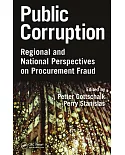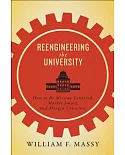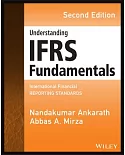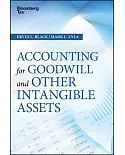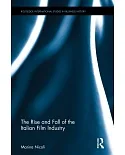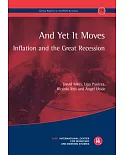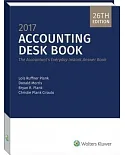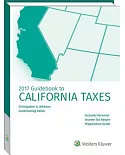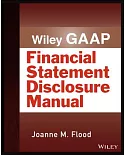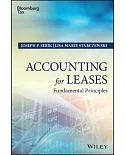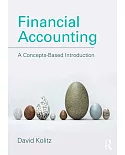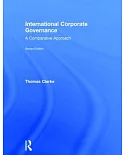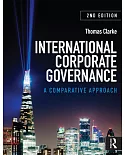Auditing is a management tool used to verify that systems and processes are compliant/conformant, effective, and continually improved. The process audit determines if process requirements
(methods, procedures) are being met, while a system audit determines if system requirements (manual, policy, standards, regulations) are being met.This best-selling handbook is now revised and
fully updated, organized to correspond exactly with the ASQ Certified Quality Auditor (CQA) Body of Knowledge (BoK). It provides comprehensive coverage for nearly every aspect of the audit
function. Though a valuable resource for studying for the CQA examination, it is also meant to be the single source for quality, environmental, safety and health auditors, audit managers, audit
teams, and other professionals in the field. The auditing handbook is designed to provide practical guidance for system and process auditors. Practitioners in the field have provided content,
example audit situations, stories, and review comments as the handbook evolved.New to this third edition are topics such as auditor competency, business applications, and improvement tools.
Additionally, existing topics have been expanded to encompass process methods, process based management systems, and ISO 19011 guidance. The handbook has been refocused to promote the common
elements of all types of system and process audits (quality, environmental, safety, and health), and covers the latest auditing terminology and communication technology. The appendixes include
example forms and an example guide for when technical specialists (subject matter experts) are needed on the audit team.



